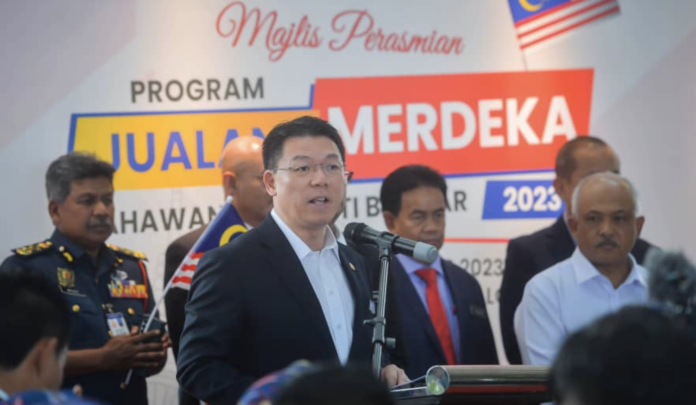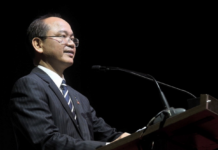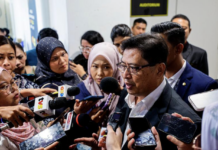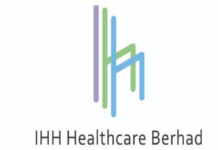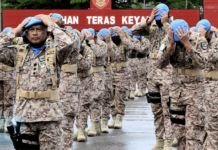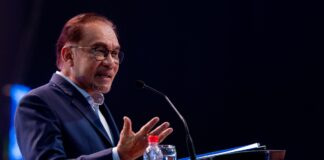PUTRAJAYA, Aug 23 — A total of RM10 million has been allocated for the Urban Community Economic Empowerment (PEKB) programme this year to guide those from the B40 group in urban areas to run businesses that can improve their quality of life.
Local Government Development Minister Nga Kor Ming said the allocation, which is overseen by the Ministry of Local Government Development (KPKT), is being utilised through the PEKB entrepreneurship training programme for 835 participants.
“Training is given with the aim of improving the skills of the participants so that they are able to run businesses that produce a higher income, and as a result, get out of poverty.
“Through PEKB, we want to foster a culture of standing on one’s own feet, being independent to run a business after receiving guidance from PEKB’s teaching staff,” he told reporters after officiating the 2023 Urban Community Entrepreneurs’ Merdeka Sale here today.
Since its implementation in 2013, PEKB has produced a total of 16,515 entrepreneurs who run various types of businesses and are able to generate an income of at least RM600 a month.
According to him, under the 12th Malaysia Plan (12MP), the government has allocated RM55 million to produce 4,835 entrepreneurs among the B40 in urban areas through the PEKB programme.
“We work with 28 non-governmental organisations (NGOs) to train and monitor the business activities of these entrepreneurs. The NGOs will monitor their business activities for six months to ensure participants can generate an income of at least RM600 per month,” he said. Participants were also given business equipment after completing the course.
Meanwhile, Malaysian Creative Sewing Arts Association chairman Fully Chye, 56, said the association provided training to participants interested in producing eco-printed fabrics.
“Entrepreneurs who are interested in this creative art will be taught how to print on fabric using leaves. We will guide them until the participants are really skilled and can produce quality products to sell,” she said, adding there were participants who had managed to generate an income of up to RM3,000 a month.
She said eco-printed fabric products had their own appeal as the patterns imprinted on the fabric were done using the natural colours of leaves without any additives.




